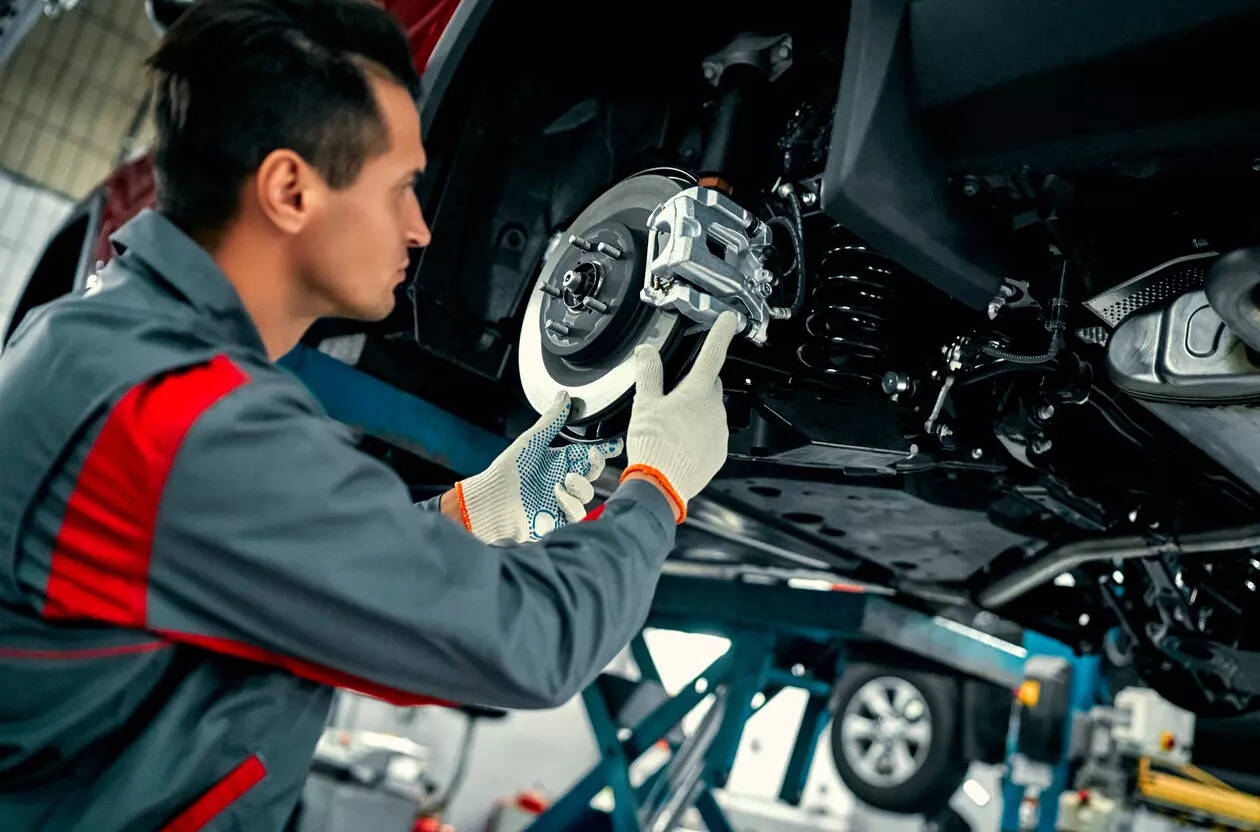
Italy‘s largest automotive groups, led by Fiat-maker Stellantis, and unions on Wednesday signed an agreement for a 6.5% salary increase from this month for workers at their Italian operations to counter the effects of soaring inflation.
Wages will increase by a further 4.5% from January next year. Workers will also receive a one-off sum totalling 600 euros (USD 632), including benefits, to be paid in three tranches this year, UILM and FIM-CISL unions said in statements, setting out the deal.
The agreement covers almost 70,000 workers at Stellantis, Ferrari, Iveco and CNH Industrial, all of which have their roots in the former Fiat group, and comes from talks that started at the end of October.
The pay increases, aimed at helping workers hit by a Europe-wide spike in consumer price inflation, form the core of a wider deal to renew four-year contracts that expired at the end of 2022 for most Italian employees at the four manufacturers.
Rocco Palombella and Gianluca Ficco of UILM said the agreement met the goals unions had set to “safeguard purchasing power”.
PROTECTING BOTH SIDES
Stellantis confirmed in a separate statement that the overall pay increase for its Italian workers would total over 11% in the first two years covered by the four-year deal signed on Wednesday.
Giuseppe Manca, the group’s HR head for Italy, said that, against a challenging context, the parties “have together found the solutions that will be able to adequately protect the interests of workers and of the company in terms of competitiveness”.
Car workers around the whole are pressing for rises to try to soften the impact of inflation.
Stellantis, whose brands also include Peugeot and Citroen, offered its French workers a 5.3% pay rise in December although unions wanted more. Talks in France are expected to restart in June.
In Japan, Toyota Motor Corp, the world’s biggest automaker, said last month it would accept a union demand for the biggest base salary increase in 20 years and a rise in bonus payments, without disclosing the figures.
Italy’s EU-harmonised inflation averaged 8.7% in 2022, but topped the 10% threshold in the second part of last year. Although it slowed down at the beginning of 2023, it remained close to 10% in February, based on preliminary data.
When talks started last year, the FIM-CISL, UILM, Fismic, UGLM and AQCF unions requested a pay increase of 8.4% for 2023, with a further 4.5% for 2024 and 2.5% for 2025.
Leftist union FIOM was not part of the talks.